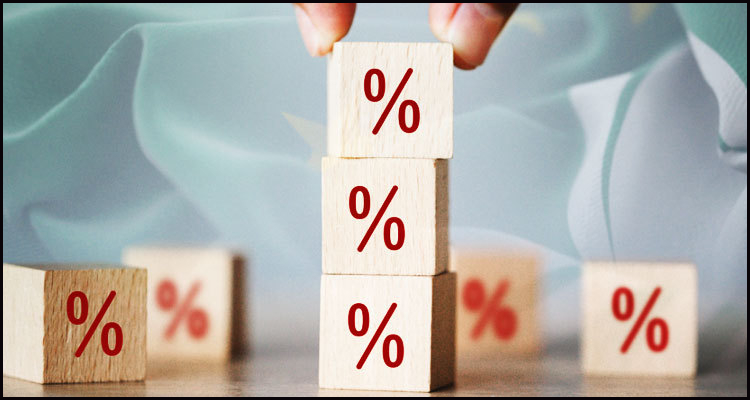The 39 active casinos in Macau reportedly saw their aggregated gross gaming revenues for February plummet by 87.8% year-on-year to just $387.2 million as a direct result of the measures put into place to stop the spread of the highly-contagious coronavirus strain.
According to a Sunday report from Inside Asian Gaming citing official figures from the Gaming Inspection and Coordination Bureau, last month’s drop represented the largest in the enclave’s history and means that its aggregated gross gaming revenues since the start of January have now decreased by some 49.9% year-on-year to only $3.14 billion.
Closure consequences:
The decline comes after Macau instituted a raft of measures designed to stop the potentially-lethal contagion, which is officially known as 2019 novel coronavirus (2019-nCoV), from spreading. These had purportedly included a 15-day shuttering of the city’s casinos from February 5 alongside the subsequent decision to halve the number of gaming table seats.
Visitor hesitation:
Although most of Macau’s casinos have now at least partially re-opened, their gaming floors reportedly remain largely deserted due in large part to China’s decision to cease the issuance of its Individual Visit Scheme (IVS) visas, which last year had accounted for some 13 million mainland tourists.
Continuing crash:
GGRAsia used a report of its own to explain that the recent  fall in Macau’s aggregated gross gaming revenues is widely expected to continue into March with an around 75% comparable decline for the month to approximately $960 million. It cited a Sunday note from brokerage Sanford C Bernstein and Company as detailing that the VIP sector ‘has been stronger than mass with high volatility’ since February 20 with any forecasts as to where the market will be by June being ‘largely guesses at this time with the biggest variable now being when travel restrictions from China will be lifted’.
fall in Macau’s aggregated gross gaming revenues is widely expected to continue into March with an around 75% comparable decline for the month to approximately $960 million. It cited a Sunday note from brokerage Sanford C Bernstein and Company as detailing that the VIP sector ‘has been stronger than mass with high volatility’ since February 20 with any forecasts as to where the market will be by June being ‘largely guesses at this time with the biggest variable now being when travel restrictions from China will be lifted’.
Reportedly read the filing from Sanford C Bernstein and Company…
“We estimate March potentially to be down between 75% to 80% assuming no significant improvement in visa issuance and travel. This would imply an average daily revenue of $20.5 million to $26.2 million. The operators we have spoken with do not see any clarity on timing of recovery at this time.”



